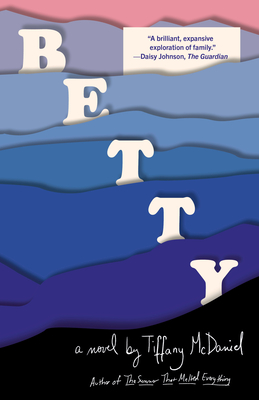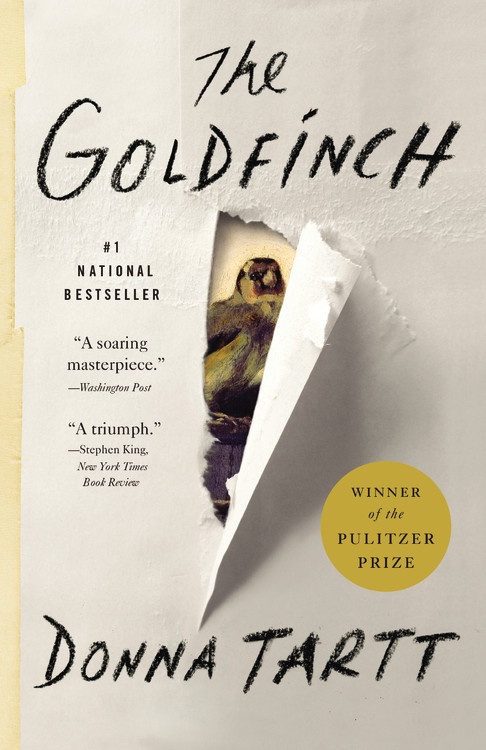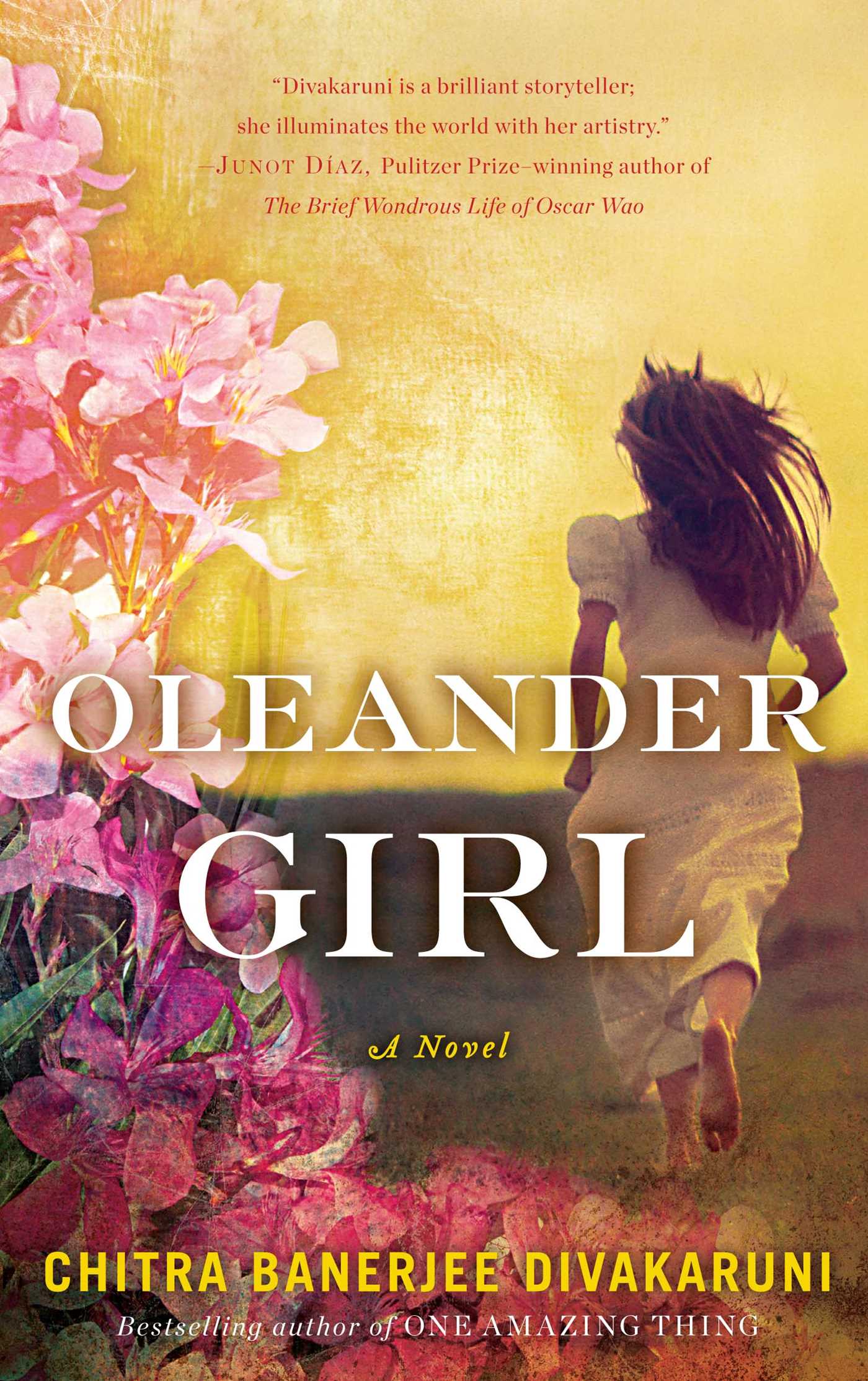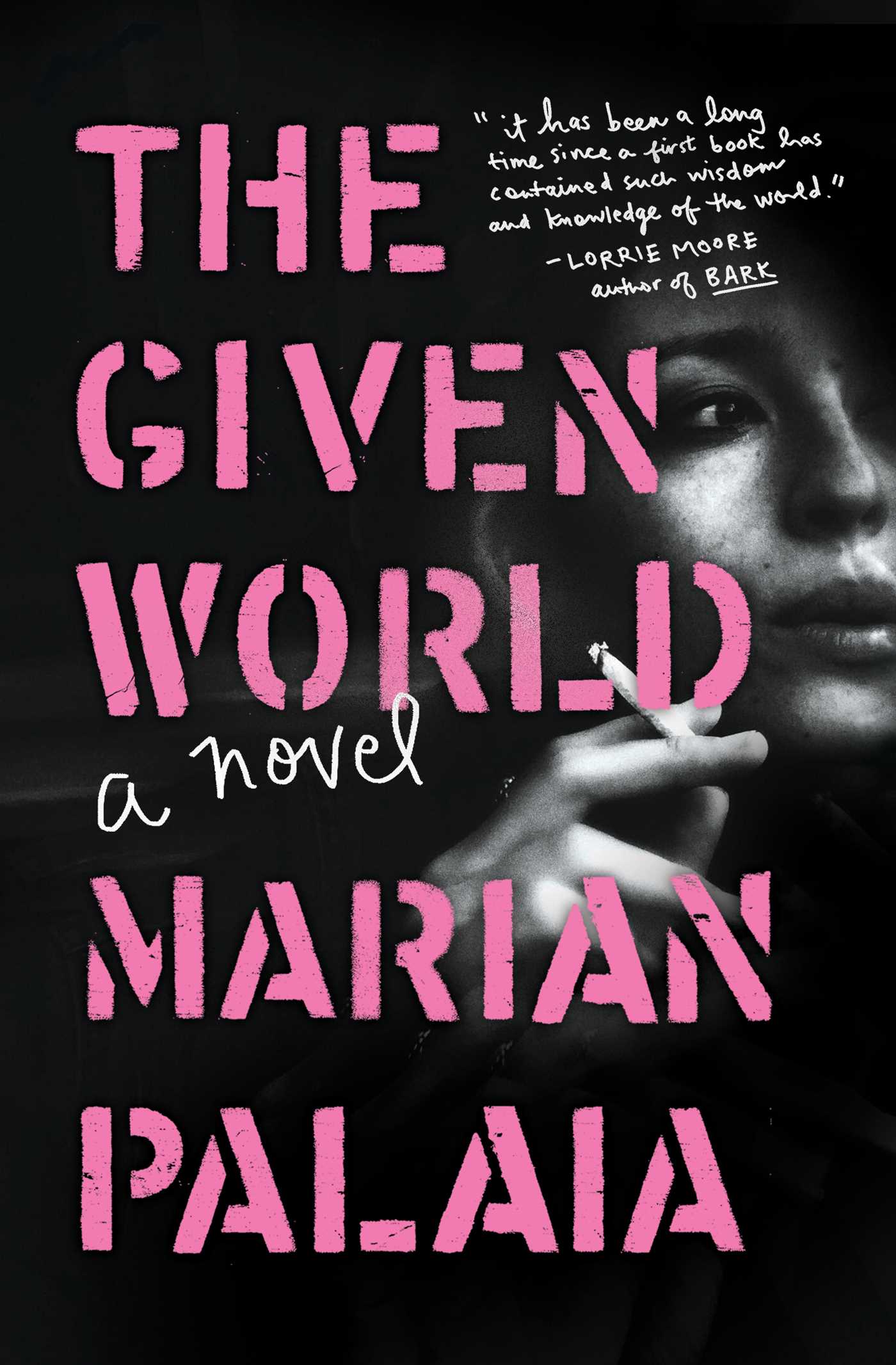The best kinds of novels are the ones you think about for weeks, whose characters you miss hearing in your head. You want to know more about their stories, what happens to them after an author decides the book should end. You eagerly await the moment when enough time has passed for you to read them again as if for the first time, the details now faded but the characters just as compelling as you remember. Indulge in this list of seven novels that I believe fully live up to that ideal.

7 Striking Character Voices in Coming-of-Age Novels
I wish I could remember who recommended this one to me, but it showed up in my library audiobook holds and I figured I’d trust the me from months ago who had requested it. I can happily confirm that whoever set me onto this book was right, as it’s quickly become my new favorite to talk about. Seeing Betty’s and her family’s lives spilled out across the years, witnessing their dynamics, misadventures, darkness, and traumas while eventually learning their fates, made me think about the scope of one life and what we make of it. Betty, who has a close bond with her Cherokee father and a complicated relationship with her mother, narrates her view as a middle child from a large family growing up in a small Appalachian town.
Immediately drawn to the book’s title, I admittedly still had no real idea of what to expect from the read itself. Would it be it a symbolic bird, a metaphor for childhood? From the opening pages, I was excited to learn that it is, in fact, a real bird—a sparrow—who lives in Owen’s chest and communicates with him. Fearful of discovery by the Army of Acronyms (doctors and specialists who might take him away), his mother orders him to remain hidden in their house. Inside he stays, until his fourteenth birthday. Then Owen and the bird make bold moves with harrowing outcomes. I found this debut absolutely mesmerizing to read because of its unique premise, balanced pacing, and striking imagery.
“A modern coming-of-age full of love, desperation, heartache, and magic” (Andrew Sean Greer, Pulitzer Prize–winning author) about “the ways in which family, grief, love, queerness, and vulnerability all intersect” (Kristen Arnett, New York Times bestselling author). Perfect for fans of The Perks of Being a Wallflower and The Thirty Names of Night.
Though Owen Tanner has never met anyone else who has a chatty bird in their chest, medical forums would call him a Terror. From the moment Gail emerged between Owen’s ribs, his mother knew that she had to hide him away from the world. After a decade spent in hiding, Owen takes a brazen trip outdoors in the middle of a forest fire, and his life is upended forever.
Suddenly, Owen is forced to flee the home that had once felt so confining and hide in plain sight with his uncle and cousin in Washington. There, he feels the joy of finding a family among friends; of sharing the bird in his chest and being embraced fully; of falling in love and feeling the devastating heartbreak of rejection before finding a spark of happiness in the most unexpected place; of living his truth regardless of how hard the thieves of joy may try to tear him down. But the threat of the Army of Acronyms is a constant, looming presence, making Owen wonder if he’ll ever find a way out of the cycle of fear.
A heartbreaking yet hopeful novel about the things that make us unique and lovable, The Boy with a Bird in His Chest grapples with the fear, depression, and feelings of isolation that come with believing that we will never be loved, let alone accepted, for who we truly are, and learning to live fully and openly regardless.
The book begins with a description of Epitaph Day, which sets an interesting and evocative tone. Death news is announced on the radio, the two Fatumas—creatures that are half girl and half reverie—keep lonely Ayosa company, and the “throwaway girl” watches her from the window. Those are just a few visuals from this atmospheric and brilliant novel about a complex mother-daughter relationship and the search for meaningful connection. Ayosa’s mama often disappears to work as a photographer, reappearing to ask for things like a sister-making ceremony or to provide statements like, “You could not love so deeply without hating. And . . . you most certainly could not hate a person without loving them first.” Ayosa spends her time learning from books and writing down the things she can remember—and shouldn’t know—from when her mama was young or when she, herself, was born. For a place rooted in spirits, Ayosa and her world feel so alive, thanks to Oduor’s expressive and startling writing—publishing this April 12.
This astonishing, devastating debut novel, riven through with mystery and magic, tells the story of a lonely girl living in a small African town and her struggle to free herself from her mercurial, charming mother.
Ayosa is a wandering spirit—joyous, exuberant, filled to the brim with longing. Her only companions in her grandmother’s crumbling house are as lonely as Ayosa herself: the ghostly Fatumas, whose eyes are the size of bay windows, who teach her to dance and wail at the death news; the Jolly-Annas, cruel birds who cover their solitude with spiteful laughter; the milkman, who never greets Ayosa and whose milk tastes of mud; and Sindano, the kind owner of a café no one ever visits.
Unexpectedly, miraculously, one day Ayosa finds a friend. Yet she is always fixed on her beautiful mama, Nabumbo Promise: a mysterious and aloof photographer, she comes and goes as she pleases, with no apology or warning. Set at the intersection of the spirit world and the human one, Things They Lost is a stunning and unforgettable novel that unfurls the dizzying dualities of love, at its most intoxicating and all-encompassing.
Don’t let THE GOLDFINCH’s size or accolades intimidate you. Theo immediately pulls you into his life with the stress and uncertainty of a lonely Amsterdam hotel room and a search for his name in the local papers. Clear that he’s in some sort of trouble, we’re then returned to his past to witness the terrible incident that shapes so many of the events to follow. Now immersed in a Manhattan setting, we meet the red-haired girl Pippa, forever bonded to him in a way he can’t fully express; Hobie, a talented artist who specializes in restoring antiques; and Mrs. Barbour, a reserved woman who becomes a mother figure. As Theo ages, we follow him to Las Vegas, to another family both biological and makeshift, and an exploration of unsupervised teenage indulgence. Theo’s tale may be windy and arduous, but Tartt makes sure it doesn’t read that way; instead, it’s an epic that follows a boy who feels as if he’s lived a hundred different lives before becoming a man.
The novel that took the world by storm and won the 2014 Pulitzer Prize for Fiction is (finally!) out in paperback. A mesmerizing, stay-up-all-night and tell-all-your-friends triumph, it is an old-fashioned story of loss and obsession, survival and self-invention, and the ruthless machinations of fate.
MENTIONED IN:
I always enjoy books with multiple points of view, especially those surrounding a strong person or subject. Being able to witness how others see and interact with a protagonist leaves an exciting amount of room for interpretation and unexpected discoveries. In this case, our focus is drawn to the title character, an orphan raised by her grandparents and named after a poisonous plant. An array of Indian traditions and food are being prepared for the eighteen-year-old’s engagement party, a celebration some people believe she’s too young to be having—especially her fiancé, Rajat’s, family. Complicating things is a dream about her mother, which points her toward an ocean for something unnamable but important to retrieve. Other family secrets linger and then split open after a tragedy that sends Korobi to America to learn more.
This sweeping, suspenseful, coming-of-age tale is about an orphaned young woman who has enjoyed a privileged upbringing with her beloved grandparents in Kolkata. When she learns they concealed the fact that her father is not dead, she embarks on a journey that transforms her life.
I love the way Riley talks about her world, one made up by stringing ideas and observations together to make sense of the war and its draft invading her home at nine years old, and the kind of sacrifices she’d make—a helicopter ride, broken ribs—to keep her brother safe. She is driven and brave, creative and funny. But a brother going MIA in Vietnam will change many things, and Riley feels it’s time to move on. Now away from her memories and the people she loves, a new and strange life emerges. Riley’s wise reflections and uncharted path made me think about my own choices and expectations, and what I truly value. Change and struggle across so many years, distributed among many interesting characters, gives way to greater observations and connections, which can prove both inspiring and unsettling—a nice combination, I think, for stirring up established ideas and reconsidering meaning.
From a quiet family farm in Montana in the ’60s, to the grit and haze of San Francisco in the ’70s, to a gypsy-populated post-war Saigon, THE GIVEN WORLD spins around its unconventional heroine, whose brother has gone missing in Vietnam.
Brooklyn in the 1940s was a tough decade to be growing up in, especially for two Jewish boys with very different familial expectations and takes on religion. Reuven lives close to Danny, but it takes a long time for them to meet; the separate traditions, yeshivas, and synagogues of the numerous Hasidic sects in the span of their Williamsburg blocks are enough to keep them from crossing paths. That is, until a fateful softball game cements their friendship, despite Danny’s father’s disapproval. The father-son relationships in this book are both interesting to explore and often hard to read—Reuven’s father talks about the “purpose of man,” while Danny’s father wants to carry on their traditions—all while living through World War II and the Holocaust at a particularly impressionable time in the boys’ lives.
A coming-of-age classic about two Jewish boys growing up in Brooklyn in the 1940s, this “profound and universal” (The Wall Street Journal) story of faith, family, tradition, and assimilation remains deeply pertinent today.
“Works of this caliber should be occasion for singing in the streets and shouting from the rooftops.” —Chicago Tribune
It’s the spring of 1944 and fifteen-year-olds Reuven Malter and Danny Saunders have lived five blocks apart all their lives. But they’ve never met, not until the day an accident at a softball game sparks an unlikely friendship. Soon these two boys—one expected to become a Hasidic rebbe, the other at ease with secular America—are drawn into one another’s worlds despite a father’s strong opposition.
Set against the backdrop of World War II and the creation of the state of Israel, The Chosen is a poignant novel about transformation and tradition, growing up and growing wise, and finding yourself—even if it might mean disappointing those you love.
Photo credit: iStock / mspoli


















